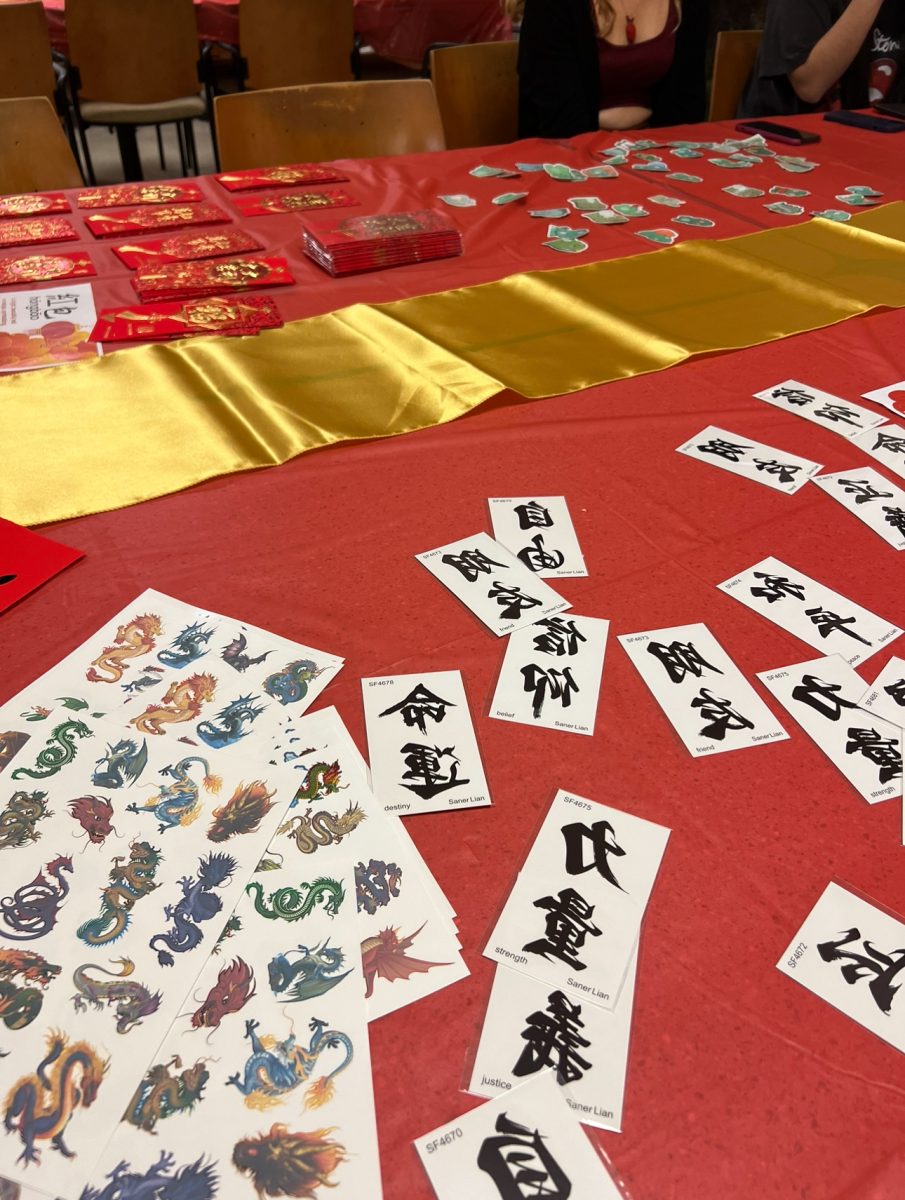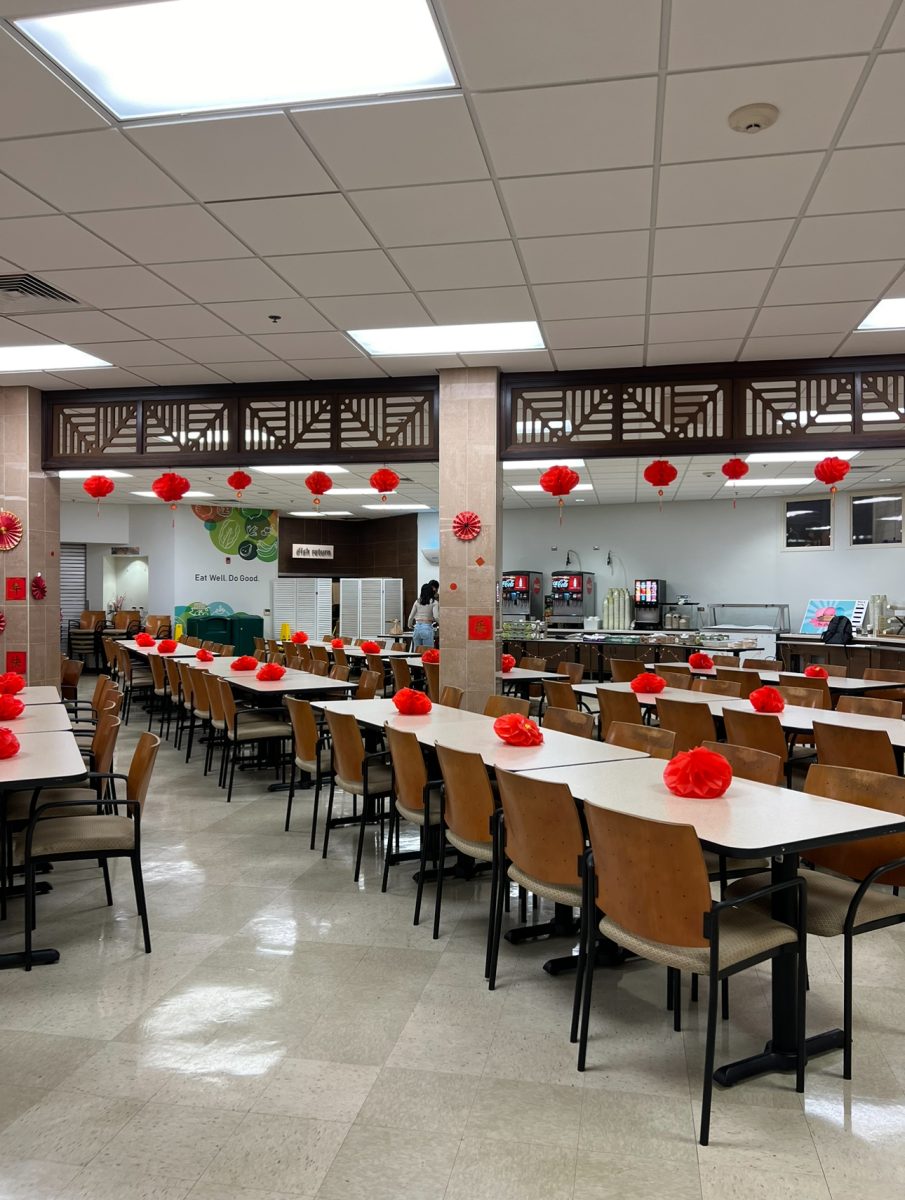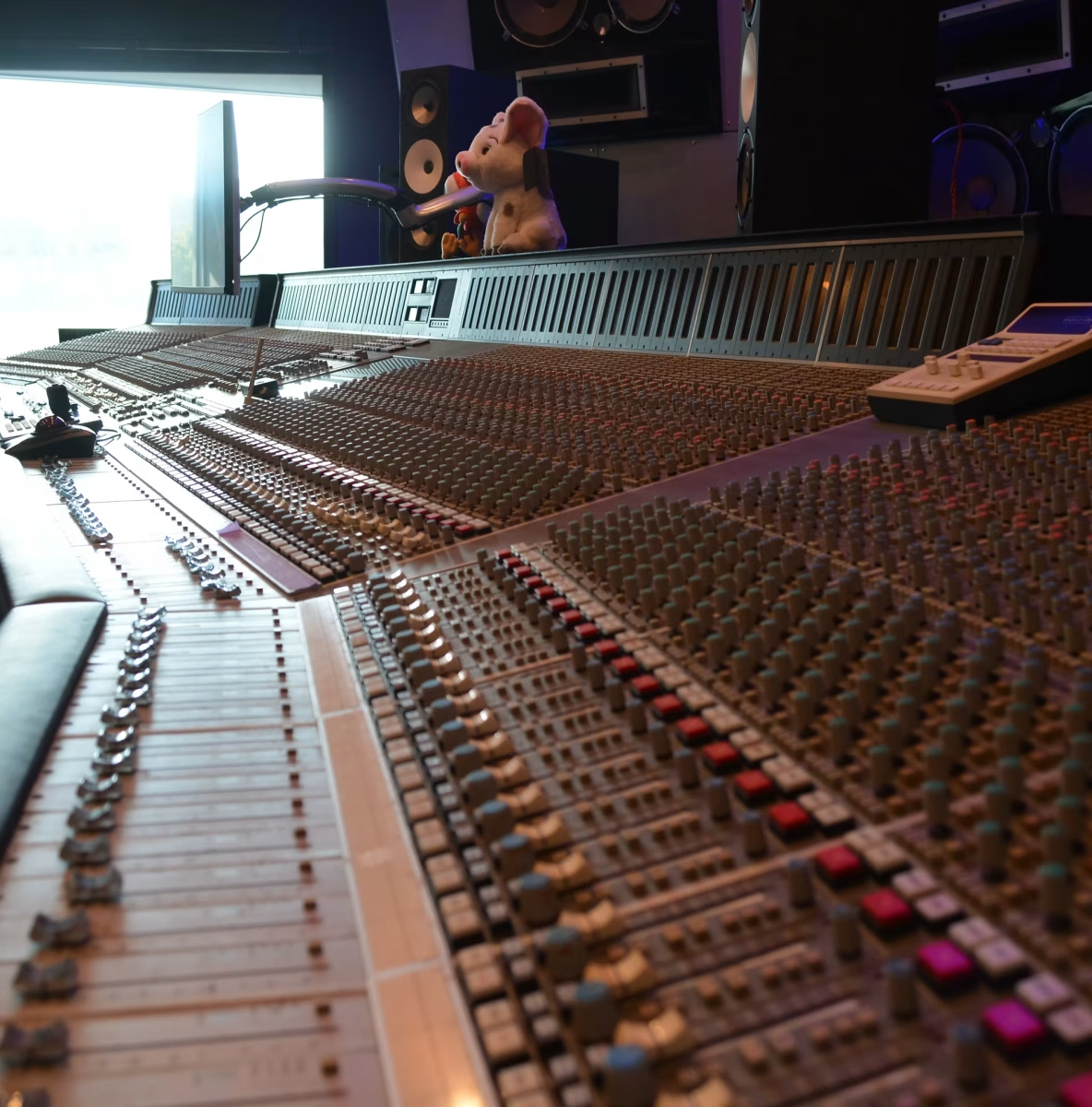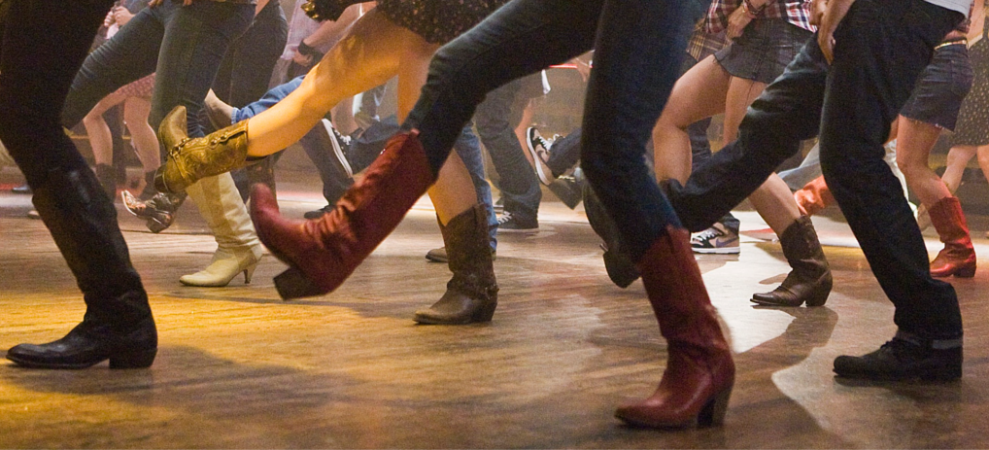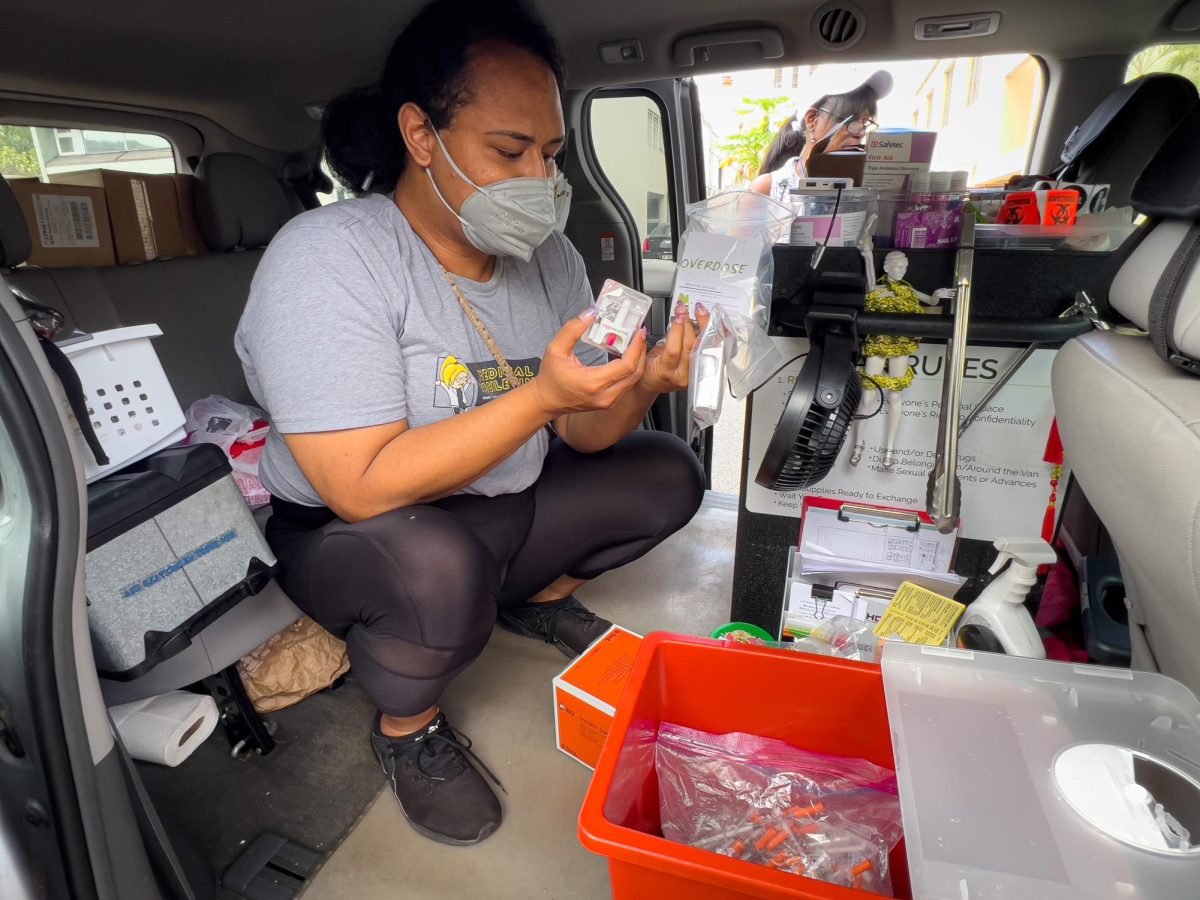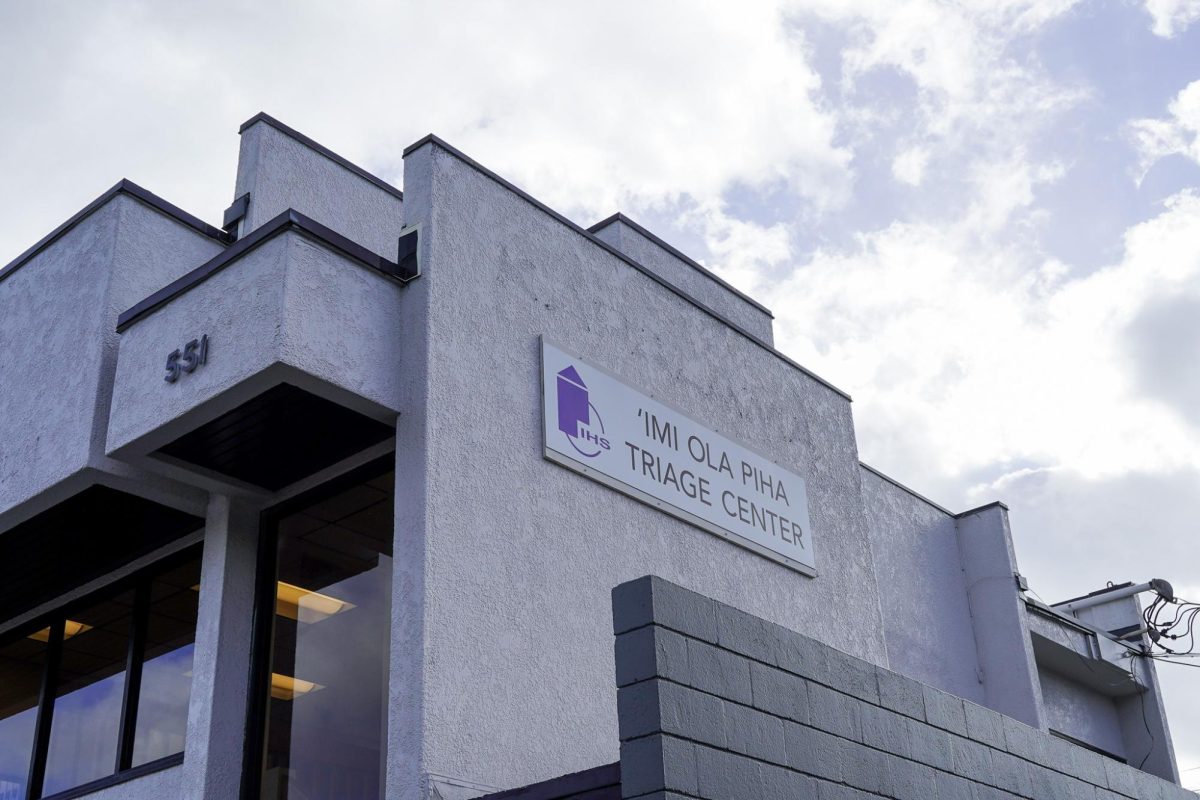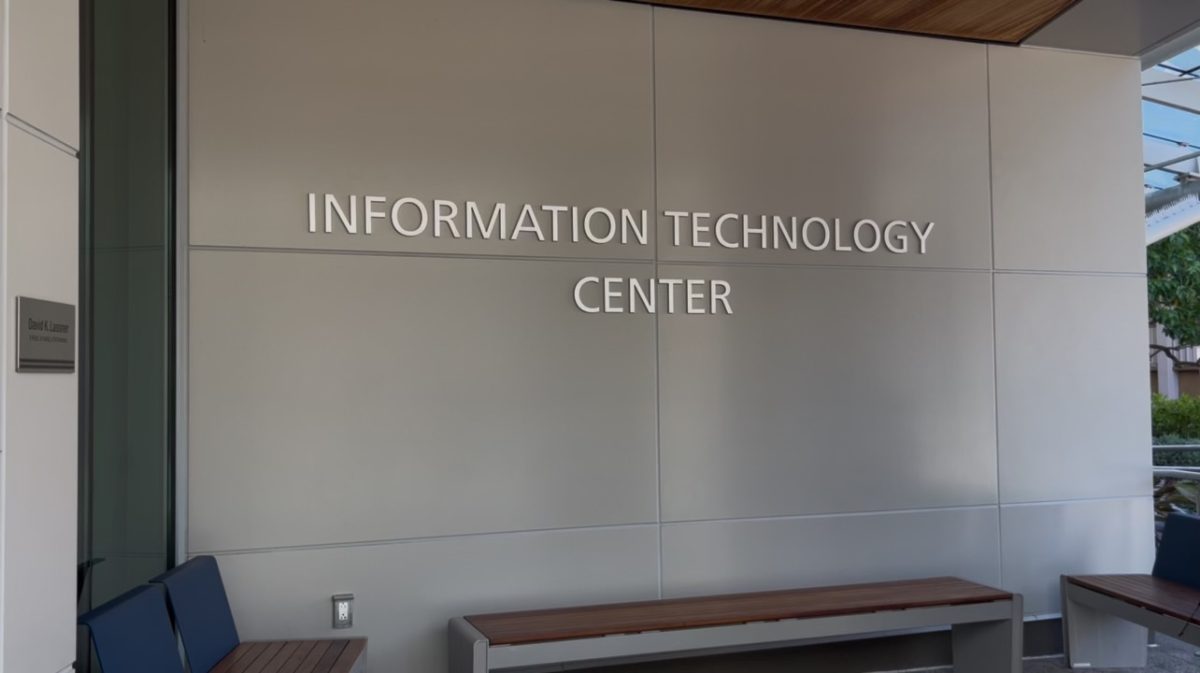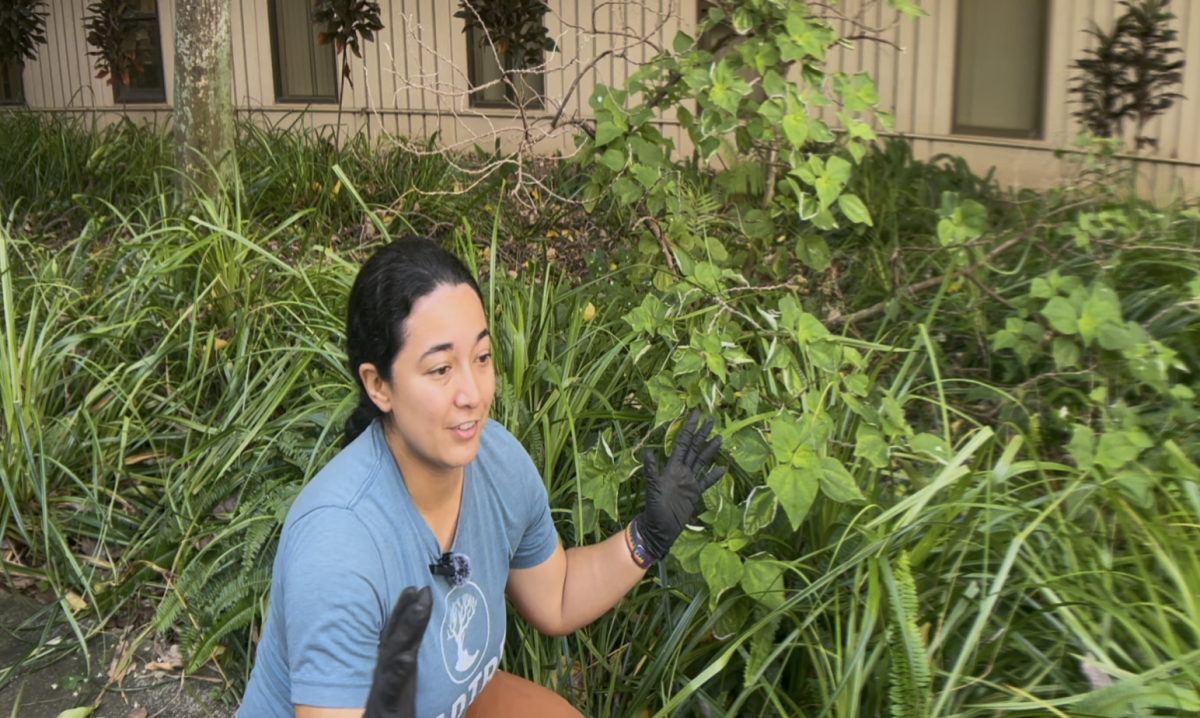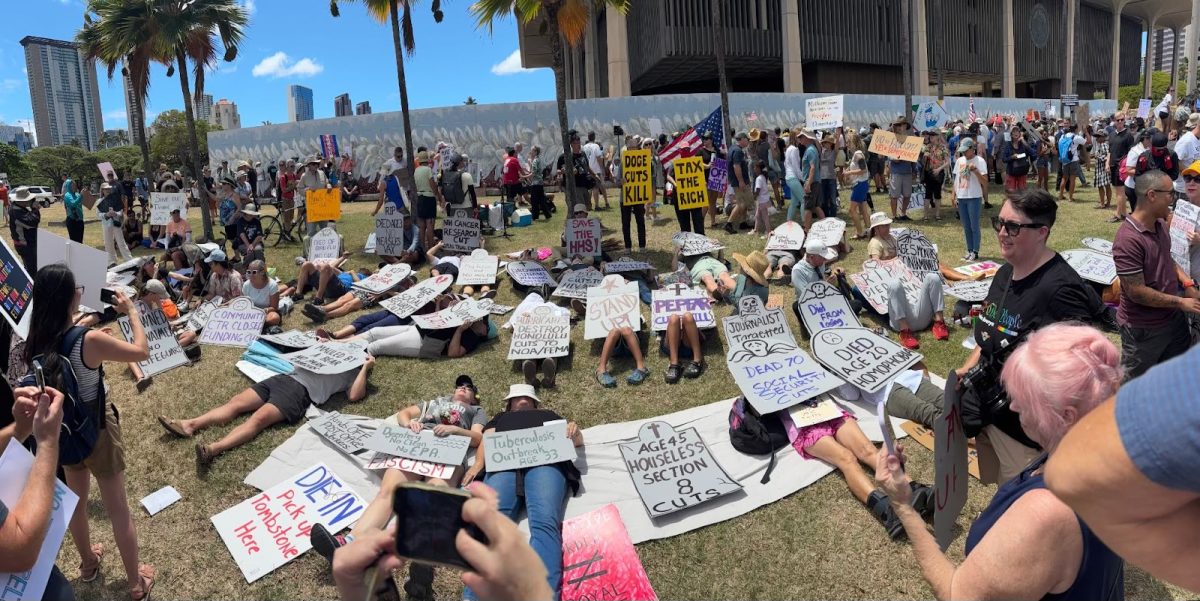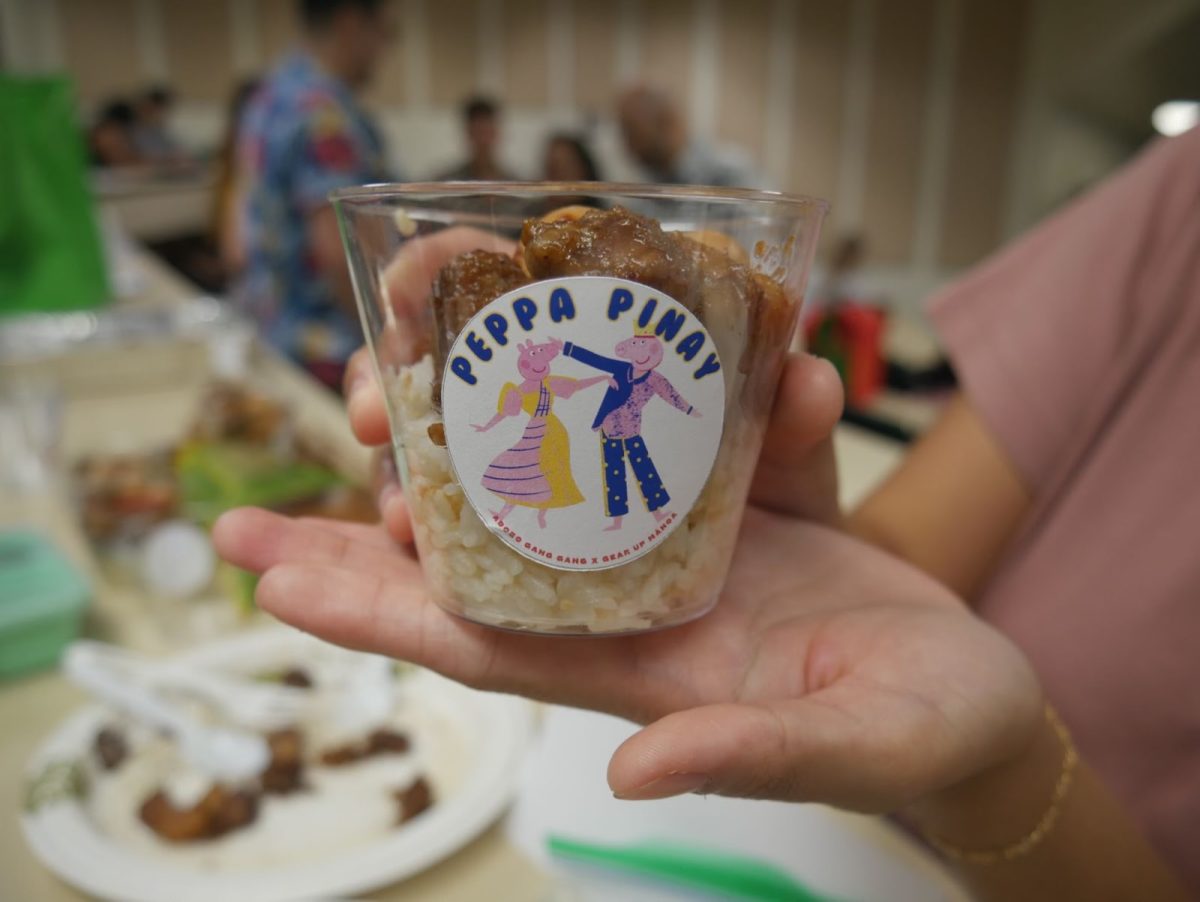Lion dancers, shimmering red accents, and intricate symbols of prosperity adorned the student eatery, Gateway Cafe, reflecting the essence of Chinese New Year.
Organized by the National Residence Hall Honorary (NRHH) chapter last February, the event drew a crowd of about 100 attendees. Ethan Post, current membership chair of NRHH, said it was his favorite event of the year.
“I was born and raised in China, so coming over here I rarely get to celebrate that holiday,” Post said. “It’s not the same as back at home, especially with student housing, so for us to have done a program that gave me a chance to celebrate the holiday I grew up celebrating felt really nice.”
Each year, UH Student Housing Services staffers create numerous events like Chinese New Year to support the residents and create a comfortable environment where students feel at home, away from home. However, the housing staff isn’t the only group shaping this environment; student-led organiz
ations also play a vital role in enhancing the UH student housing experience.
Throughout the year, the organization hosts various events to celebrate community. Events like
“Letters to Loved Ones”, where they provide supplies for residents to write messages to their
family and friends and ensure they are delivered, and their celebration of Día de los Muertos, which features abundant food, educational boards created by board members, pamphlets, and an Ofrenda to educate attendees about the Mexican and Latin American holiday, has left a lasting impact on the residents.
“I feel that the programs that we plan build a sense of community not only because of the
people they meet at these programs, but also because of what they’re actively doing,” said Tiffany Liu, NRHH vice president of public relations.
NRHH, National Residence Hall Honorary, is a chapter consisting of student leaders in the
student housing population here at the University of Hawai’i at Mānoa. They focus on the two
main pillars of service and recognition.
“[UH Student Housing RAs] normally plan social events, but for NRHH, we focus more on
events that promote recognition and service. So they [NRHH events] are different than dorm
mixers. We plan community events, such as campus beautification, and events that recognize
different cultures,” Liu said.
During the Chinese New Year event, for example, attendees were introduced to several traditions associated with Chinese New Year. Traditional foods like fish, symbolizing abundance from the idiom “Nian Nian You Yu,” were served and lion dancers entertained the crowd. The event also included educational components, where residents learned about the significance of hongbao (red envelopes filled with money) and were introduced to Chinese phrases representing good luck and prosperity, which were displayed on doors throughout the venue.
“It was just nice to have someone I can talk to in Chinese and related to shared experiences,” said Post.


